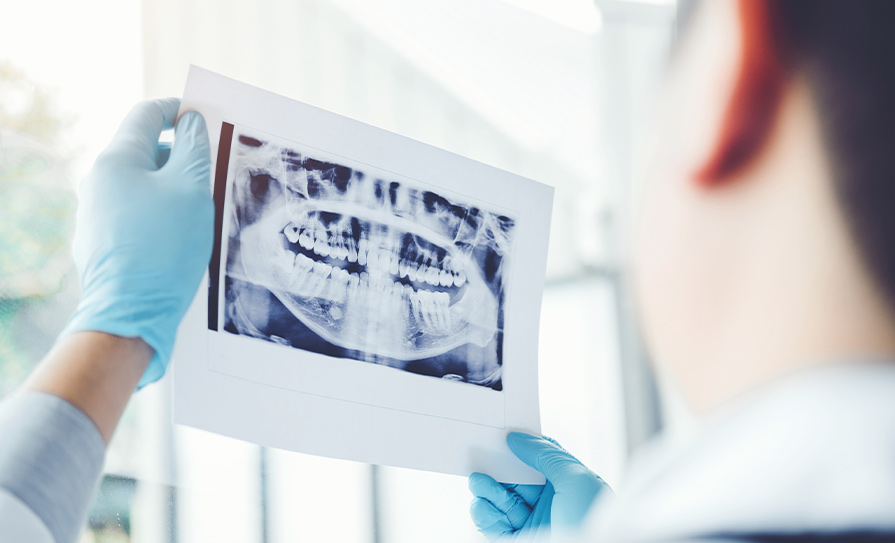The HSE has yet to establish a permanent arrangement for patients with head and neck cancer who require dental work but cannot afford the relevant treatment.
Last year, the Medical Independent (MI) revealed that HSE National Director of Acute Operations Mr Liam Woods wrote to senior health officials in December 2020, stating he was aware of several cases where such patients who required attendance at the Dublin Dental Hospital (DDH) could not afford treatment.
Mr Woods stated that the services provided by the DDH were not free to people who did not have medical cards.
He recommended that the HSE should enable referring cancer hospitals to pay for these patients, on an ex gratia basis, when the referral is cancer-related.
“This would address immediate patient issues and allows time for the NCCP [National Cancer Control Programme] and primary care to consider a better long- term solution,” Mr Woods wrote.
“Ultimately, this care may move to be provided in the cancer centres and not in DDH, depending upon NCCP views.”
In September 2021, this newspaper reported that the short-term solution had been implemented and any newly diagnosed head and neck cancer patients who required specialist dental treatment should be referred appropriately, with the cost paid by the cancer hospital.
However, a spokesperson for the HSE told MI that a permanent solution remains to be put in place, although work had commenced on the matter.
“The temporary solution is implemented, as well as the HSE allocation of two consultant clinicians (head and neck cancer dentistry specialists) to develop the public sector service,” according to the spokesperson.
“The job descriptions are currently being put together and the extra investment needed to support the clinicians should be considered for 2023.
“Once the two consultants are in place, further investment in the service will be needed to move to the permanent solution. Consideration will need to be given to services throughout the country, as well as defining the role of dentistry in prevention, early diagnosis, and rehabilitation of head and neck cancer patients.”













Leave a Reply
You must be logged in to post a comment.